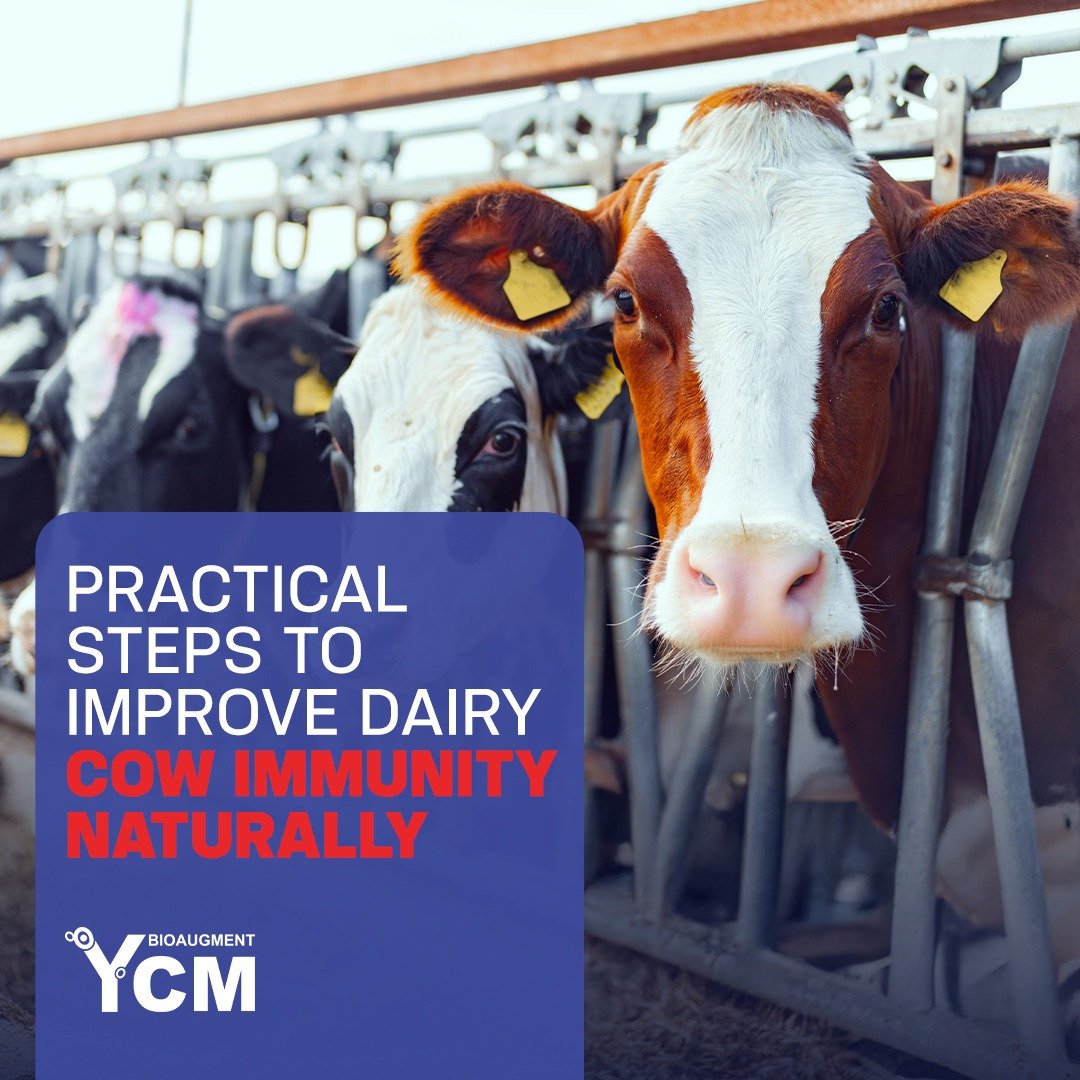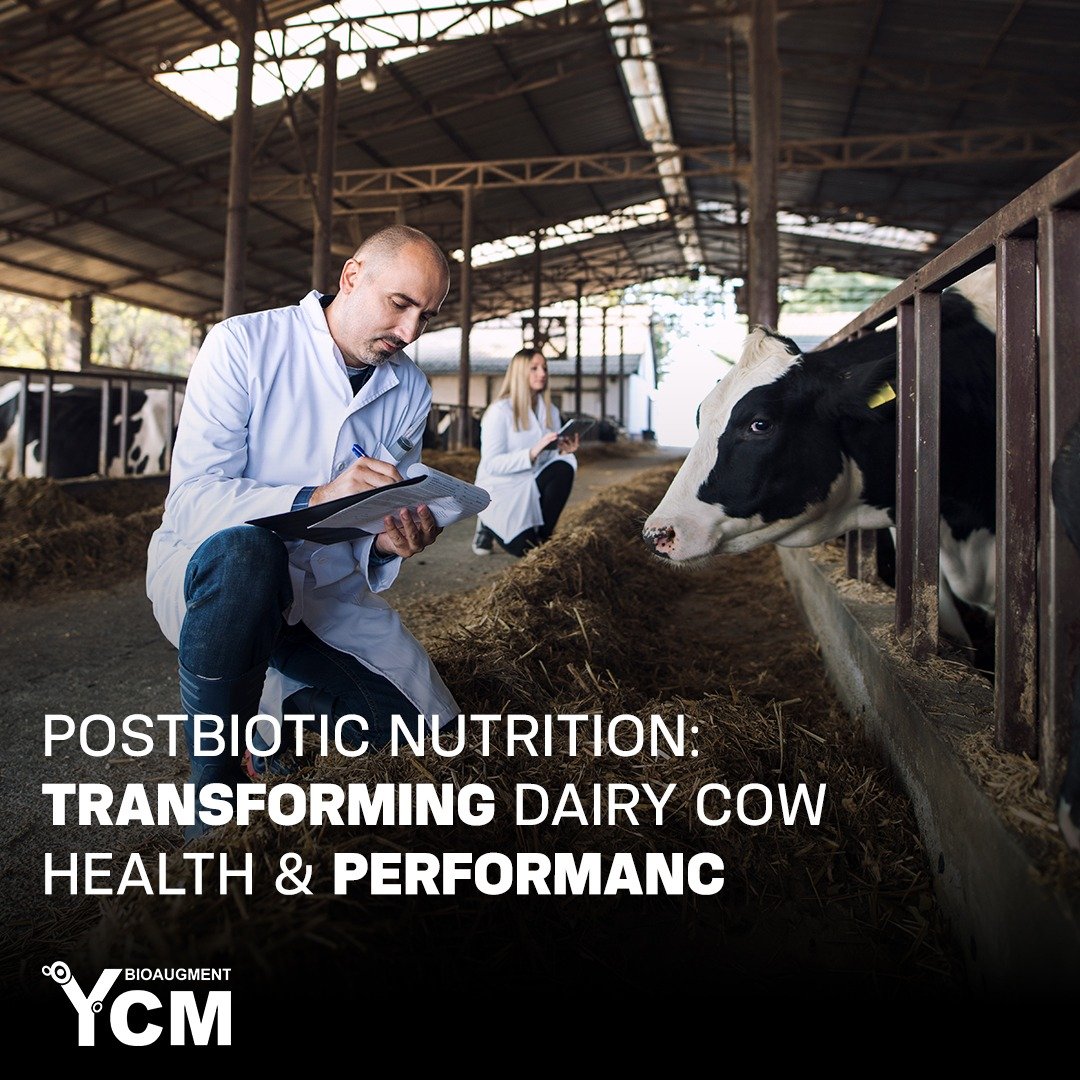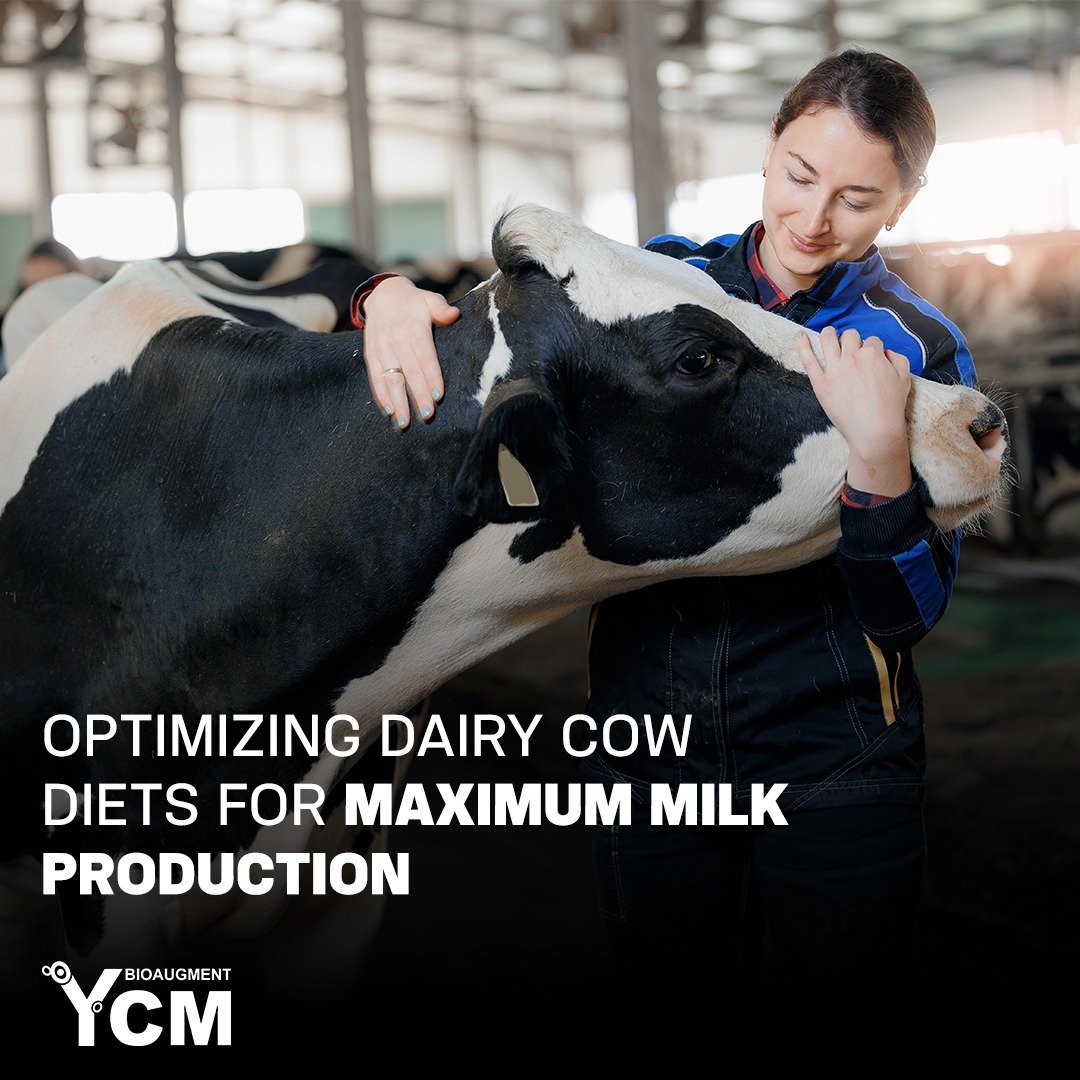In the competitive world of American dairy farming, maintaining top-tier cow health is the cornerstone of long-term profitability. A healthy herd doesn’t just produce more milk — it sustains reproduction efficiency, lowers veterinary costs, and ensures consistent performance year-round.
Let’s explore the most common cow health challenges faced by U.S. farmers today and how science-backed nutrition, including Yeast Culture Metabolites (YCM), can be part of the solution.
1. Mastitis: The Hidden Milk Thief
Mastitis remains one of the most expensive diseases in dairy production, often caused by poor udder hygiene, stress, or immune imbalance.
Solutions
-
Maintain clean bedding and consistent milking routines.
-
Strengthen immunity through balanced mineral nutrition (zinc, selenium, and vitamin E).
-
Supplement diets with postbiotic products like YCM, which support microbial stability and reduce inflammation, helping cows resist udder infections naturally.
2. Metabolic Disorders and Energy Deficiency
High-producing cows are prone to ketosis, milk fever, and acidosis, particularly during early lactation when energy demands surge.
Solutions
-
Balance rations with sufficient fiber and energy-dense feeds.
-
Include YCM-based supplements to promote rumen fermentation and increase volatile fatty acid (VFA) production.
-
Support calcium and phosphorus balance for smooth metabolic transitions after calving.
3. Reproductive Inefficiency
Fertility issues directly impact herd profitability. Heat stress, poor nutrition, and hormonal imbalances often lead to longer calving intervals.
Solutions
-
Maintain ideal body condition scores (BCS) through precision feeding.
-
Ensure adequate trace minerals and vitamins for ovarian function.
-
YCM metabolites can improve gut health and energy partitioning, leading to better conception rates and reproductive resilience.
4. Heat Stress and Seasonal Fluctuations
U.S. summers can severely impact feed intake, milk yield, and reproductive efficiency due to thermal stress.
Solutions
-
Provide shade, ventilation, and ample cool water.
-
Adjust feeding schedules to cooler times of the day.
-
Integrate YCM in rations to enhance antioxidant defenses and stabilize rumen microbiota during heat stress periods.
5. Digestive Health and Feed Efficiency
Poor feed conversion leads to wasted nutrients and economic loss. Digestive imbalances reduce milk solids and increase methane emissions — both harmful for sustainability.
Solutions
-
Optimize feed particle size and fiber content.
-
Use YCM postbiotics to enhance fermentation efficiency, improve fiber digestibility, and stabilize rumen pH.
-
Regularly monitor fecal consistency and adjust the diet accordingly.
6. Lameness and Hoof Disorders
Lameness not only lowers milk yield but also increases culling rates and welfare concerns.
Solutions
-
Maintain dry, comfortable flooring and consistent hoof trimming schedules.
-
Balance trace minerals (copper, zinc, and biotin) for strong hoof integrity.
-
Support gut health through YCM supplementation, as systemic inflammation from poor digestion often worsens hoof health.
The Role of YCM in Modern Cow Health Management
Bioaugment YCM (Yeast Culture Metabolites) provides more than just a nutritional boost — it’s a biological signal system that optimizes gut function, immunity, and overall animal resilience.
With over 600 active metabolites, YCM enhances microbial balance, improves feed efficiency, and strengthens immune response, allowing U.S. dairy farmers to manage challenges naturally and sustainably.
Key Takeaways
-
Prioritize nutrition-driven cow health management.
-
Address mastitis, metabolic, and reproductive issues proactively.
-
Integrate YCM postbiotics for enhanced immunity, digestion, and profitability.
Healthy cows are productive cows — and in the U.S. dairy industry, investing in gut health and balanced nutrition pays off in every gallon of milk.
By combining traditional management with modern postbiotic solutions like YCM, dairy farmers can ensure long-term herd vitality and profitability.






